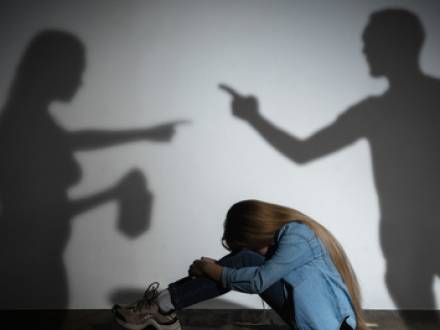Will an Order of Protection Affect Child Custody in Illinois?
 In Illinois, orders of protection can significantly affect child custody, especially when safety is a concern. When requesting an order, you need to know how they interact with parenting plans and court decisions. If you are in the middle of a custody dispute and an order of protection has been filed, an Arlington Heights, IL order of protection attorney can help you understand how the order may affect your case.
In Illinois, orders of protection can significantly affect child custody, especially when safety is a concern. When requesting an order, you need to know how they interact with parenting plans and court decisions. If you are in the middle of a custody dispute and an order of protection has been filed, an Arlington Heights, IL order of protection attorney can help you understand how the order may affect your case.
Orders of Protection and Emergency Changes to Parental Responsibilities in Illinois
An order of protection is issued by a court to prevent abuse, harassment, or threats. If the alleged conduct involves a child or occurs in front of a child, the court may decide that the accused parent should not have parenting time or decision-making abilities while the order is in place. Under 750 ILCS 60/214, an Illinois judge has the power to include temporary child custody provisions in an order of protection if the judge believes doing so is in the child’s best interests. This can include giving you temporary sole decision-making authority or suspending parenting time altogether. These changes are meant to be short-term but can influence longer decisions regarding parental responsibilities later.
In emergencies, a judge may grant an emergency order of protection (EOP) the same day it is requested. They can do this without notifying the other parent first. The EOP can include immediate changes to parenting time and limit the parent’s contact with the child. If the other parent wants to challenge these restrictions, they will have to attend a hearing on the full order, known as the plenary order.
What Does an Order of Protection Do in Illinois?
An order of protection in Illinois can include several safeguards depending on the nature of the threat or abuse. These orders aim to protect you and any child involved by limiting the other parent’s actions and access, including:
-
Prohibiting any contact with you or your child
-
Granting temporary custody or parenting time restrictions
-
Ordering the respondent to stay away from the home, school, or workplace
-
Requiring the respondent to attend counseling or treatment
-
Awarding exclusive possession of a shared residence
According to 750 ILCS 60/218, when an order of protection is granted, a copy must be filed with any court that is currently handling a custody or divorce case involving the same parties. This ensures that all judges involved are aware of the potential safety concerns.
Will My Spouse Be Able To Return Home With an Order of Protection in Illinois?
One of the most immediate effects of an order of protection is that it can require the accused person to leave home, even if both spouses legally own or rent the property. Under Section 214(b)(2) of the order of protection statute, the court can grant "exclusive possession" of the shared residence to the petitioner if there is a credible threat of abuse. The provision applies even when the accused parent has been the child’s primary caregiver. Additionally, the court may take removal from the home into account when creating a long-term parenting plan.
Talk to an Experienced Arlington Heights, IL Order of Protection Attorney Today
A A. Traub & Associates, we understand the potential stress and emotions associated with these cases. Our firm was founded in 2001 with a mission to provide legal representation that is not stuffy or pretentious. Our Arlington Heights, IL order of protection lawyers are honest, caring, responsive, and down-to-earth. With more than 20 years of experience, we have built a strong reputation for results, earning distinctions as Super Lawyers and a perfect 10.0 rating on Avvo. Call us today at 847-749-4182 to schedule a consultation.

















